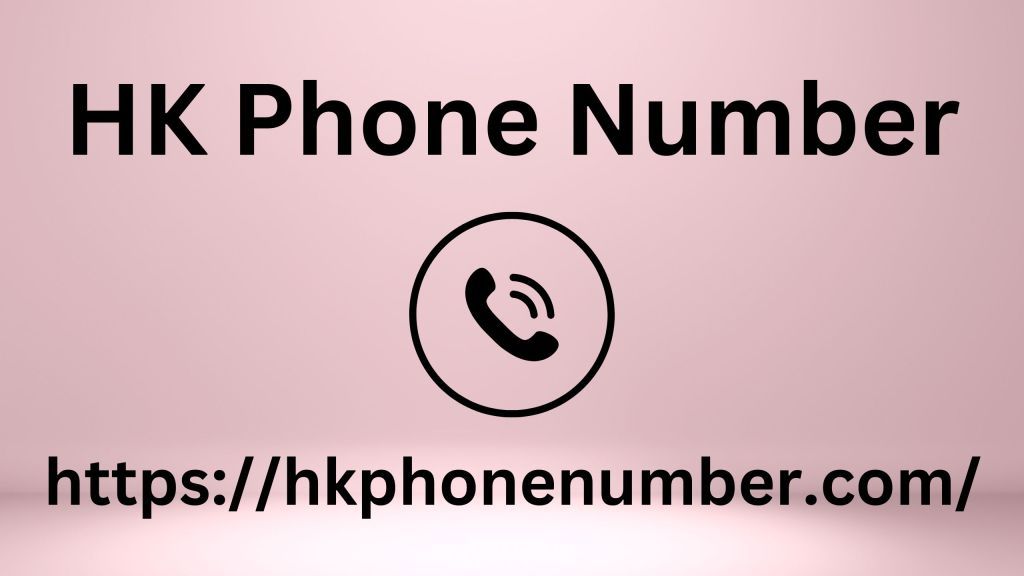|
|
Ian:Ok, and even with all that understood, how can a client know if machine translation is an option for their needs? Tim:Very simple: try it out. Talk to us or another agency that offers machine translation and have us test whether your texts are suitable for MT. A few factors are crucial for this. If you have a continuous need for translation and there are already many translations, then it certainly makes sense to look into the topic. This allows you to make optimal use of your existing translation budget. Another factor is your industry, i.e. what type of texts we are dealing with.
For example, if you develop software for a very specific area, say CAD or accounting, then you HK Phone Number could probably achieve relatively good results with a relatively small corpus of existing translations. The rule of thumb is: the more data (translations) you can provide the translation machine for training and the more specific the topic, the better the machine translation result will be. If you spend a million euros a year on translations, then you should definitely consider the machine translation option. This brings me back to the meaning of the type of text already mentioned.

If you are translating technical documentation, machine translation may be appropriate and reduce costs. If we're talking about creative marketing texts, then probably not. If you have the choice between machine translation and no translation, how do you decide? In some cases it is safer to leave the content untranslated rather than machine translated because an error or misinterpretation could have consequences. In highly regulated industries, not having texts prepared by qualified specialist translators could have fatal consequences. However, for certain consumer-oriented texts, it may be better to offer the customer at least machine translation than none at all.
|
|